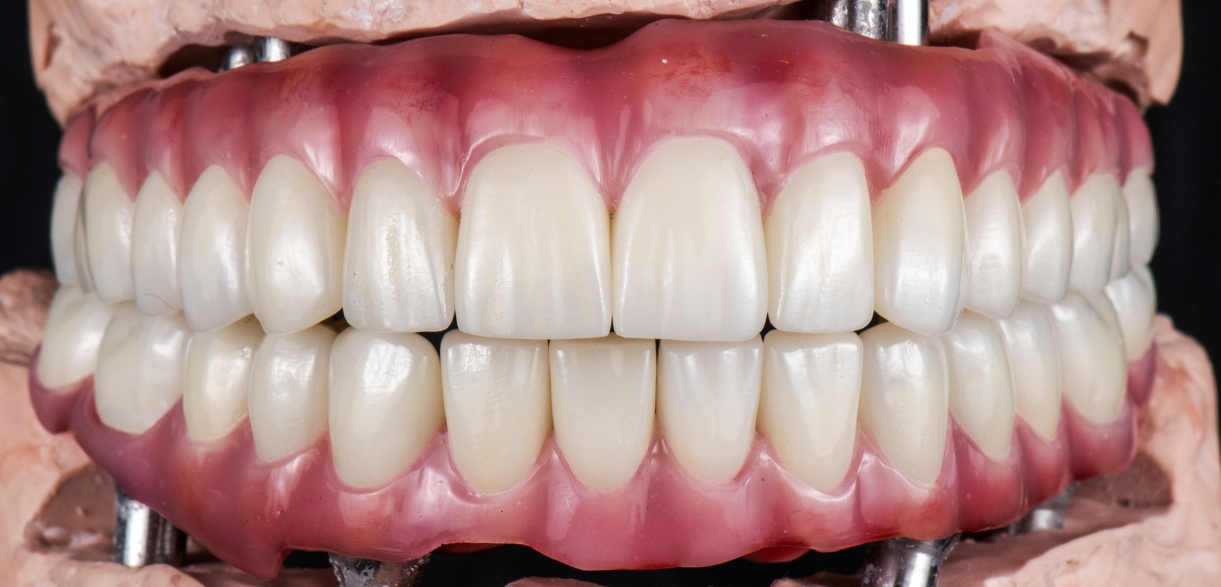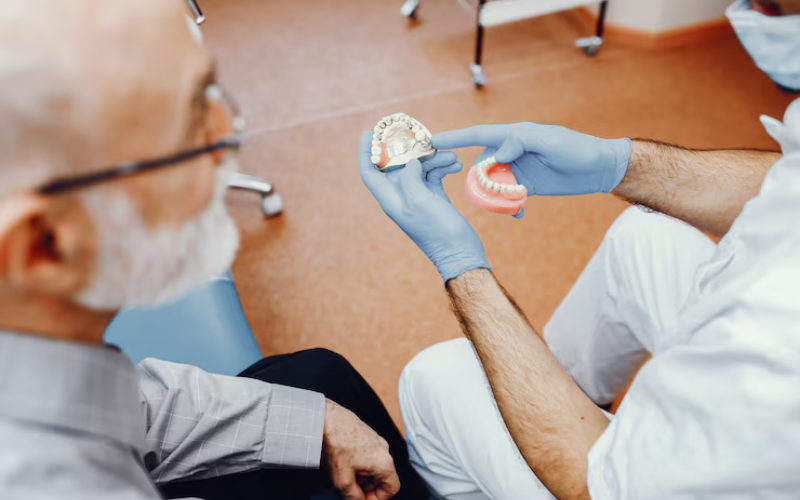
Are you tired of masking your smile or struggling to eat certain foods due to missing teeth? If so, dental implants may be the permanent solution you’ve been searching for. Not only do they provide a natural-looking and functional replacement for missing teeth, but they also offer numerous benefits that traditional dentures or bridges cannot match. In this blog post, we’ll explore why more and more individuals are turning to dental implants as their go-to option for tooth replacement. So get ready to say goodbye to embarrassing gaps in your teeth and hello to a radiant, healthy mouth with dental implants!
The Benefits of Dental Implants
They are a long-term way to lose teeth. They provide a more permanent solution than traditional dental fillings, which can eventually decay and must be replaced. Dental implants also offer many benefits over other types of dental treatments, such as:
For example, they are less likely to require adjustment or removal.
They provide a more robust and stable foundation for dental restoration work.
They can sustain up to 10 years, which is longer than any other type of dental treatment.
Types of Dental Implants
They are fixed dental prostheses that replace missing teeth. They are made of metal and can be placed into the jawbone using either outpatient or inpatient surgery. Dental implants come in several types, each with its benefits and drawbacks. Below are four of the primary types of dental implants:
1. Fixed partial dentures: These prosthetic devices replace only one side of a tooth. They can be made of metal, plastic, or composites and are held in place by adhesive resin. Unfortunately, fixed partial dentures provide limited chewing and speaking ability, and they may need to be replaced every six to twelve months as the adhesive wears down.
2. Implant-supported partial dentures are prosthetic devices that replace part or all of a missing tooth. They consist of metal posts inserted into the jawbone above the implant site (usually on either side of the tooth). The seats are attached to a custom-made elastic belt, which supports the denture while in place and allows it to be adjusted easily. Implant-supported partial dentures offer many advantages over fixed partial dentures, including better chewing and speaking abilities due to greater mobility and stability. In addition, they last indefinitely with proper care.
3. Single-tooth crowns: Crowns are artificial replacements for entire teeth removed due to decay or trauma (such as a broken tooth). Crowns
How Oral Implants Work
Dental implants are an excellent and permanent solution to missing teeth. They are made from titanium and resemble natural teeth. They are placed into the jawbone and anchored with screws or other dental hardware. Implants can provide a realistic look and feel and can last for a long time if done correctly. Here are some benefits of dental implants:
- They are the best option for people who want to replace all their teeth.
- Implants are cheaper than traditional dental treatments, including dentures and bridges.
- Implants can be fitted in just one visit, which is convenient for people with limited time off work or who live far away from dental care facilities.
- Implants typically last longer than other types of dental treatment, including dentures and bridges.
What to Expect Before Surgery
You may wonder what to expect before surgery if you are missing teeth. Below are certain things to keep in mind:
1. You should give your dentist a good idea of the extent of the tooth loss so that they can provide an accurate estimate of the necessary dental implants and bone grafts.
2. You must abstain from eating complex substances (e.g., crunching nuts) for several weeks before surgery, as this could cause damage to your implants or dentures. Drinking plenty of fluids is also essential during this time.
3. You will likely require general anesthesia for surgery, which will cause you to lose consciousness and feel nothing during the procedure. However, most patients report feeling very relaxed and pain-free after surgery.
4. Your implant(s) and denture(s) will likely take up to six months to heal completely, so it is important not to strain your new dental implants or use them excessively until they fully recover.
After Surgery: Recovering from Dental Implant Surgery
Patients may experience various post-operative symptoms following surgery, including swelling, bruising, pain, and drainage. Following the doctor’s instructions is essential to minimize these symptoms and speed recovery. Daily pillows and cold packs help to reduce swelling and pain while wearing a supportive bra may help to prevent excessive bruising. Patients should also avoid heavy lifting or laborious tasks for the first few weeks following surgery. Resting as much as possible will also help to speed recovery.
FAQs About Dental Implants
1. What are dental implants?
They are artificial teeth that are surgically inserted into the jawbone to replace teeth that have been lost or damaged. Implants provide a more permanent solution than dentures, which should be replaced every few years, and they are often thought to be the best option for people who have lost teeth in the middle or back of their mouth.
2. Why choose dental implants?
There are multiple reasons why patients may choose dental implants over other types of replacement teeth:
-Dental implants are more stable than dentures. Dentures can shift and move around in your mouth, which can cause discomfort and difficulty chewing and speaking. Dental implants are virtually indestructible and will not deteriorate over time like conventional removable teeth.
-Implants offer a natural look. Dentures can be molded to match your facial features or be artificial – they look like traditional metal teeth but may feel uncomfortable when you chew on them. Dental implant replacements look and feel more like your own natural teeth, so you’ll feel more confident about your appearance and sound.





